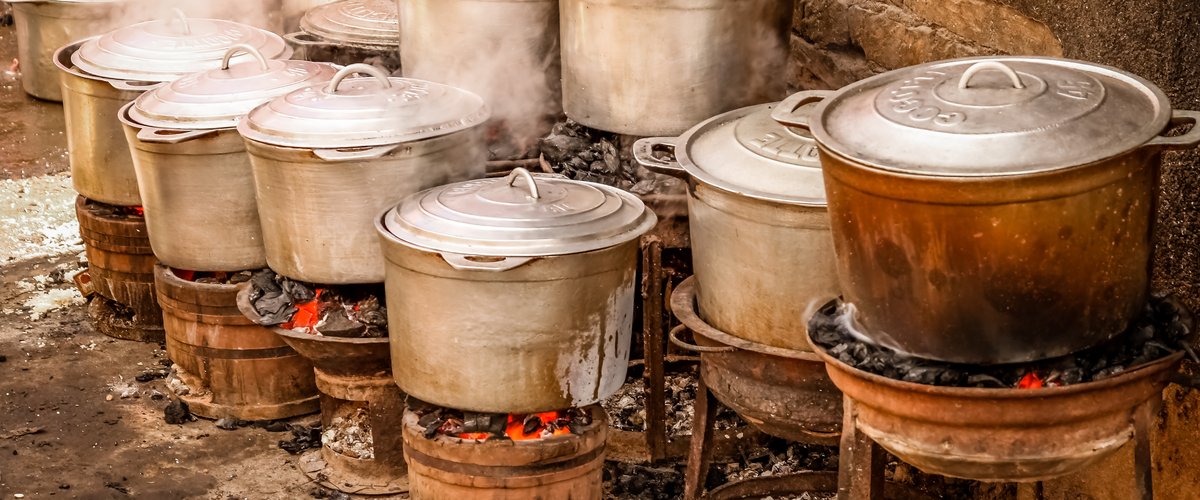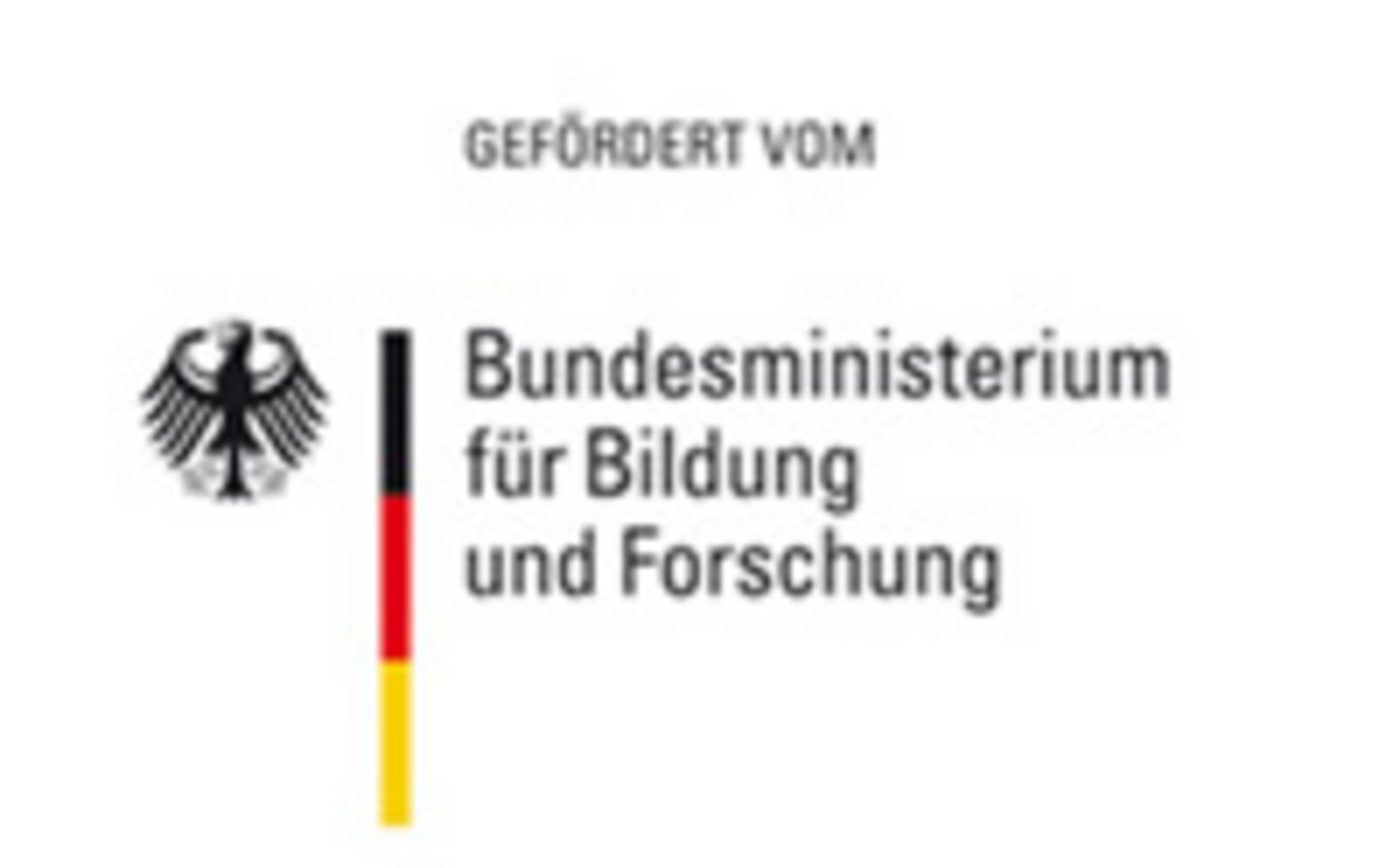Projekt Tap D2
Improved cookstoves in rural Senegal – Health effects and the missing market

Description: Project Tap D2
Household energy, climate change adaptation and emissions reduction in developing countries: a potential for double dividends?
Aims and contents of the project
Three billion people worldwide use solid fuels and inefficient stoves to meet their daily heating and cooking needs. The resulting household air pollution causes over four million deaths annually, and the drudgery of solid fuel collection and preparation restricts opportunities for education and employment. Use of fuelwood, in particular, exacerbates pressures on local forests, and its inefficient burning contributes to global climate change. These challenges are uniquely pressing in Senegal, where over 95 percent of the rural population relies on fuelwood.
As a remedy to this plight, the international community has increasingly promoted improved cookstoves (ICS). ICS are designed to reduce emissions from biomass burning, yielding health benefits by lowering households’ exposure to air pollution. ICS can also reduce fuel requirements, which in turn eases environmental burdens. The United Nations recognize the vital role that ICS might play in achieving global access to energy in the Sustainable Development Goal (SDG) 7 that calls for universal access to clean fuels by 2030. However, questions remain about which stove types are in fact clean. Recent research casts doubt on the idea that biomass cookstoves sufficiently lower emissions to deliver both health and environmental benefits. However, truly clean solutions - such as biogas, electricity, and LPG – are hardly affordable in poor areas and require sophisticated supply chains. High-end biomass gasifier stoves, which would also qualify as clean, face similar barriers. Cheaper simple improved ICS might reduce woodfuel consumption, but are hardly clean enough to avoid smoke-induced diseases. In sum, the cost-benefit tradeoffs between various cooking technologies remain poorly understood.
Against this background, out research project will pursue two research question:
First, what are effective ways to overcome barriers to adoption and thereby increase ICS penetration in rural Senegal? To address this research question, we will tackle potential market failures, namely information asymmetries and credit market imperfections, which inhibit the match between ICS supply and demand on local ICS markets.
Second, what are the impacts of ICS on health and climate relevant emissions? How do they differ for a simple and an advanced ICS type? And do impacts vary depending on the households’ cooking environment and behavior? An important innovative component of the present study is to conduct objective measures of the households’ primary cooks’ health and climate relevant emissions in order to accurately measure ICS impacts under real-world conditions.
Project financing
Federal Ministry of Education and Research
Working Packages
The project will be structured along three working packages (WP). The first sets out to answer the research question on ICS adoption, the second to answer the research question on ICS impacts, and the third working package is dedicated to disseminate findings among stakeholders and ensure uptake of results by policy.
WP I: Adoption of ICS
The working package addresses the following research question: Can an innovative matching treatment between peri-urban ICS supply and rural ICS demand overcome barriers to adoption and thereby increase ICS penetration in rural Senegal?
For answering the research question, this study will reduce information imperfections and liquidity constraints among cooking equipment vendors on Loumas (rural weekly markets), where sales structures are underdeveloped. More concretely, the study will first assess households’ willingness-to-pay for ICS and identify high-demand villages or regions. It will then channel this information as part of a marketing and information kit to a random selection of cooking equipment vendors on Loumas that are frequented by the same villages’ populations. A subset of vendors in addition receives a transport subsidy to incentivize ICS promotion in the identified high-demand areas. The study then monitors the effect of the marketing and information kit on the vendors’ sales behaviour and numbers, as well as on stove production numbers and sales among stove producers.
WP II: Impacts of ICS
WP II features a large Randomized Controlled Trial (RCT), in which the random assignment of ICS allows to isolate causal impacts. For this WP, two household groups will be provided with either a simple or a more advanced ICS at no cost. They will be compared to a third (control) group, which does not receive any treatment. In addition to self-reported indicators for fuel-related outcomes (consumption, collection, and cost), health and time use, we take objective measurements of primary cooks’ health, and of household fuel consumption. Furthermore, we objectively monitor stove use, and primary cooks’ exposure to fine particles (PM2.5), as well as fine particle concentration in the main cooking area during 24 hours.
WP III
WP III is dedicated to results dissemination and policy advice. In addition to a continuous exchange with a variety of stakeholders, we are planning three events with an international audience. More concretely, we will hold two Policy Impulse Workshops in Germany and a results dissemination workshop in Dakar, Senegal.
Project start:
October 2018
Project end:
September 2021
Project staff:
Luciane Lenz, Prof. Dr. Jörg Peters, Dr. Maximiliane Sievert
